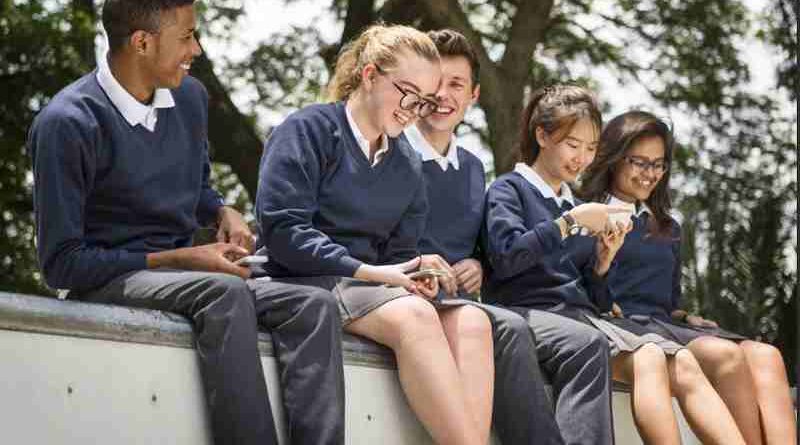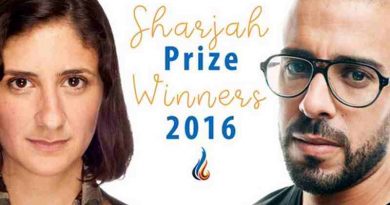UNESCO Releases Curriculum on Sexuality Education

UNESCO has published an updated International Technical Guidance on Sexuality Education, which advocates for quality comprehensive sexuality education (CSE) to promote health and well-being, respect for human rights and gender equality, and empowers children and young people to lead healthy, safe and productive lives.
Comprehensive sexuality education is a curriculum-based process of teaching and learning about the cognitive, emotional, physical and social aspects of sexuality.
It aims to equip children and young people with knowledge, skills, attitudes and values that will empower them to realize their health, well-being and dignity; develop respectful social and sexual relationships; consider how their choices affect their own well-being and that of others; and understand and ensure the protection of their rights throughout their lives.
[ Research Report: Save the Lives of School Children ]
According to UNESCO, too many young people receive confusing and conflicting information about relationships and sex, as they make the transition from childhood to adulthood.
This has led to an increasing demand from young people for reliable information, which prepares them for a safe, productive and fulfilling life.
When delivered well, CSE responds to this demand, empowering young people to make informed decisions about relationships and sexuality and navigate a world where gender-based violence, gender inequality, early and unintended pregnancies, HIV and other sexually transmitted infections (STIs) still pose serious risks to their health and well-being.
Equally, according to UNESCO, a lack of high-quality, age- and developmentally-appropriate sexuality and relationship education may leave children and young people vulnerable to harmful sexual behaviours and sexual exploitation.
Applying a learner-centered approach, UNESCO says, CSE provides children and young people with age-appropriate sexuality education.
Photo courtesy: UNESCO






